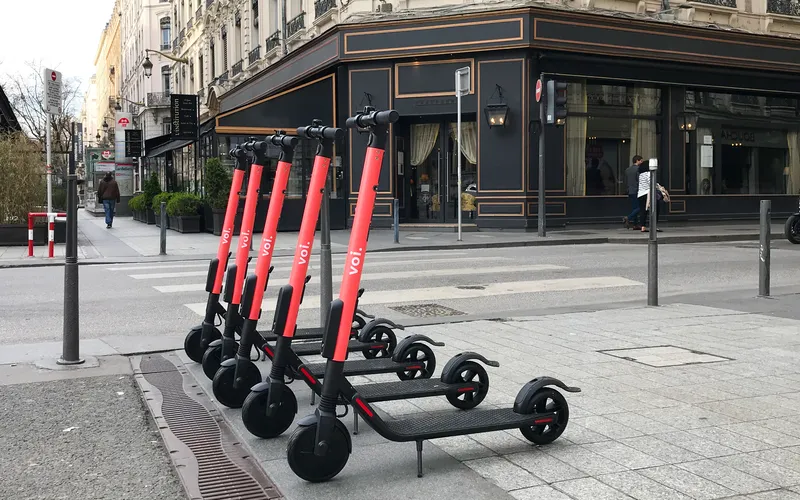Scoot Networks has deployed a fleet of 500 electric scooters and 1,000 electric bicycles in Barcelona to provide travellers with more sustainable mobility options. The scooter-share company also collaborated with city officials to develop permits to make the vehicles safe for users. Scoot’s scooters were developed in collaboration with Spanish manufacturer Silence: they come with an extended battery range and can carry two passengers. Users can access the service through Scoot's iOS and Android app. The
June 1, 2018
Read time: 1 min
Scoot Networks has deployed a fleet of 500 electric scooters and 1,000 electric bicycles in Barcelona to provide travellers with more sustainable mobility options. The scooter-share company also collaborated with city officials to develop permits to make the vehicles safe for users.
Scoot’s scooters were developed in collaboration with Spanish manufacturer Silence: they come with an extended battery range and can carry two passengers.
Users can access the service through Scoot's iOS and Android app. The company plans to launch in more cities in Western Europe and in the US over the next year.









